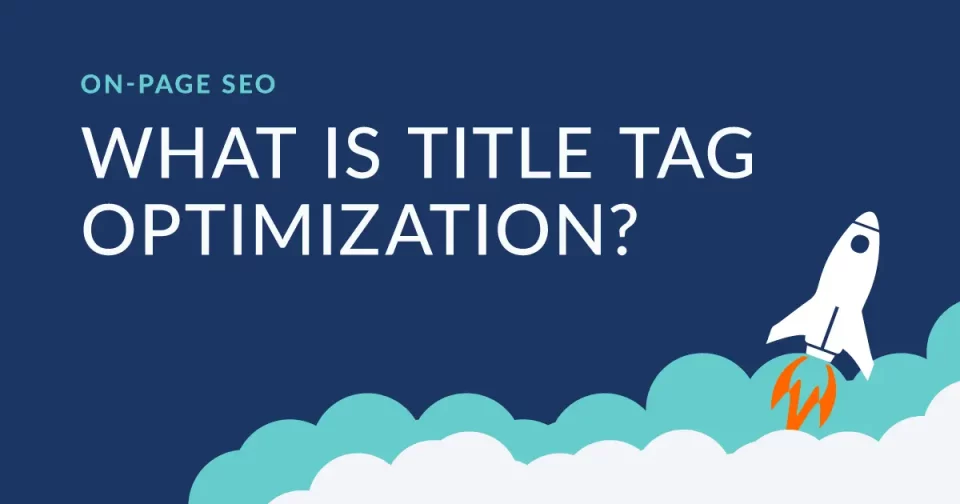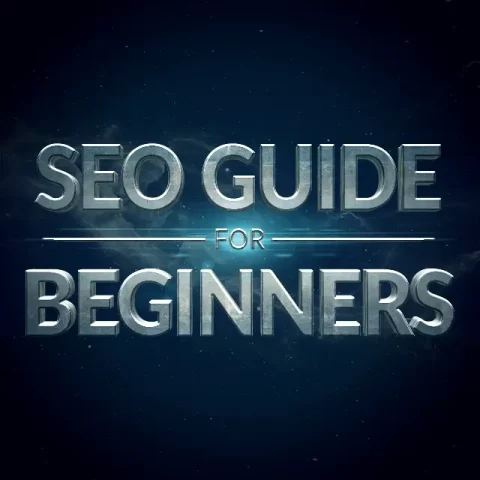
Title tag optimization is an aspect of search engine optimization (SEO) that cannot be overlooked. It involves optimizing the HTML title tag of a webpage to improve its visibility and ranking in search engine result pages (SERPs). In this article, we will explore the importance of title tag optimization, best practices to follow, and its impact on SEO.
Title tags, also known as page titles or meta titles, are HTML elements that specify the title of a webpage. They appear as clickable headlines in SERPs and provide a concise description of the content on a webpage. Title tags play a significant role in attracting users to click on a search result and can influence the ranking of a webpage in search engine algorithms.
Importance of Title Tag Optimization
Optimizing title tags is essential for several reasons. Firstly, well-crafted and optimized title tags improve the visibility of webpages in search results, increasing the chances of attracting organic traffic. Secondly, they serve as an initial impression of the content to users, influencing their decision to click on a search result. Additionally, title tags are a confirmed ranking factor – search engines consider title tags when determining the relevance and ranking of a webpage, making them a crucial factor in SEO efforts.
Best Practices for Title Tag Optimization
To effectively optimize title tags, it is crucial to follow some best practices:
- Keyword Placement in Title Tags: Include targeted keywords near the beginning of the title tag to signal relevance to search engines and users.
- Length and Character Limits: Keep title tags within the recommended length limit of around 50-60 characters to ensure they display properly in search results.
- Crafting Compelling Titles: Create titles that are attention-grabbing, descriptive, and enticing to increase click-through rates.
- Incorporating Targeted Keywords: Use relevant keywords naturally throughout the title tag to improve search engine visibility.
- Avoiding Keyword Stuffing: While keywords are essential, avoid overusing them excessively, as it can be perceived as spammy by search engines.
- Using Unique and Descriptive Titles: Make each title tag unique and reflective of the content on the webpage to provide accurate information to users and search engines.
- Including Branding Elements: Incorporate your brand name or relevant branding elements in the title tag to build brand recognition and trust.
- Considering User Experience: Craft titles that align with user intent, addressing their search queries and expectations.
Impact of Title Tags on SEO
Title tags have a significant impact on SEO. Optimized title tags improve the visibility and click-through rates of webpages, which, in turn, can positively influence search engine rankings. Well-optimized title tags also provide search engines with valuable information about the content, helping them understand the relevance and context of a webpage.
Measuring and Tracking Performance
To gauge the effectiveness of title tag optimization, it needs to be measured and have performance tracked. Utilize analytics tools to monitor click-through rates, organic traffic, and rankings for specific keywords. Regularly review and refine title tags based on performance data to maximize SEO benefits.
Conclusion
In conclusion, title tag optimization plays a crucial role in improving the visibility, click-through rates, and search engine rankings of webpages. By following best practices and crafting compelling, keyword-rich, and user-focused titles, website owners can enhance their SEO efforts and attract more organic traffic.















